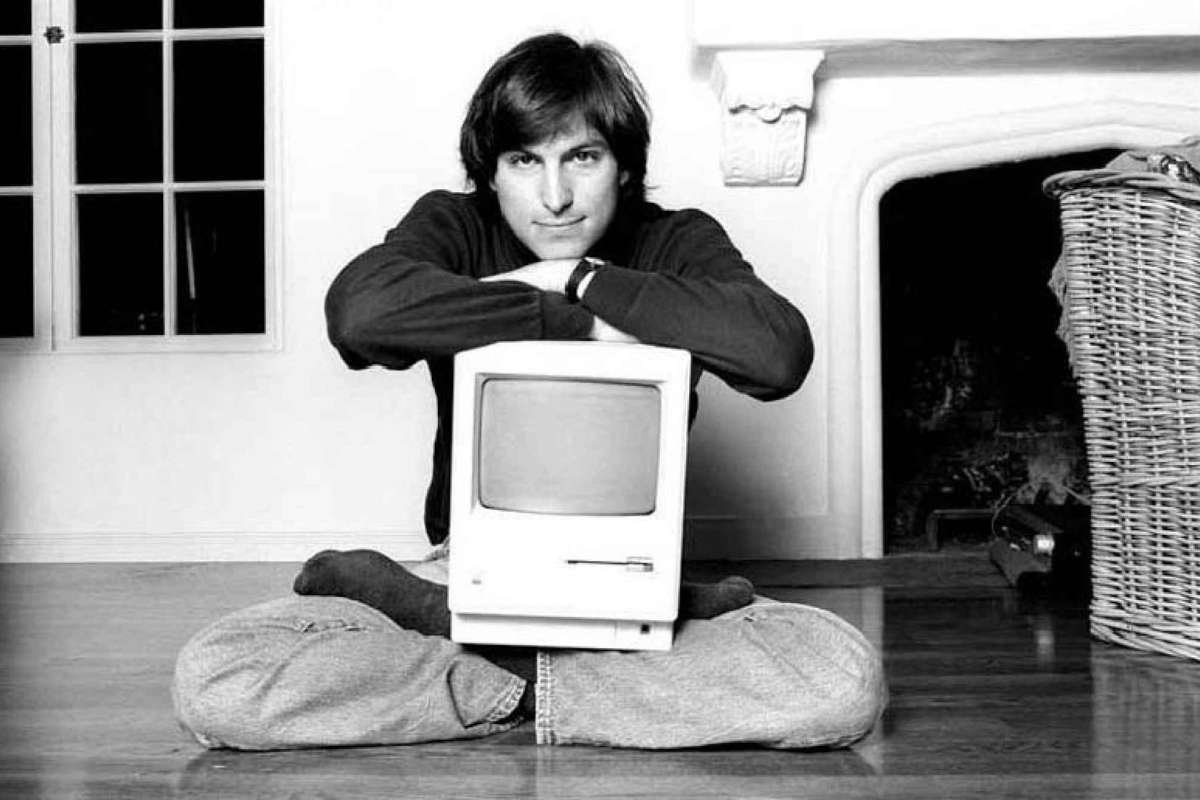At the tender age of 12, while many of his peers were immersed in school games and everyday teenage concerns, Steve Jobs had a far more ambitious pursuit—he wanted to build a frequency meter. This device, which measures the frequency of electrical signals, required specific parts that young Steve didn’t have access to. Undeterred, and with the kind of audacity that would come to define his legacy, he flipped through the yellow pages and dialed an unexpected number: that of Bill Hewlett, co-founder of Hewlett-Packard.
To his surprise, Hewlett himself picked up the phone. Steve politely introduced himself, explained his project, and asked if Hewlett had any spare parts he could borrow. Not only did Hewlett provide the parts, but he also offered Jobs a summer job on HP’s assembly line. Jobs later described the experience as transformative, saying he felt like he was in heaven. This early act of initiative and the response it received had a lasting impact on him—instilling a key principle he would carry for the rest of his life: never be afraid to ask.
A Life Lesson in Initiative and Risk
Steve Jobs often recounted this formative moment in interviews, particularly in one preserved by the Silicon Valley Historical Association in 1994. Reflecting on his call to Hewlett, Jobs emphasized how rarely people are turned away when they genuinely ask for help. “I’ve never met anyone who refuses to help when you simply ask,” he said. It wasn’t just about getting parts—it was about realizing that taking initiative could open doors to opportunities otherwise out of reach.
This philosophy stayed with him and shaped the culture at Apple. Both Steve Jobs and current CEO Tim Cook have long been known for personally responding to user emails—a tradition rooted in Jobs’ early belief in accessibility and direct communication. For Jobs, taking action, even at the risk of failure, was key. “If you’re afraid of failing, you’ll never get anywhere,” he once said. The story of that single phone call is more than an anecdote—it’s a testament to the power of courage, curiosity, and initiative in shaping a visionary career.
The Myth and Message of Young Innovators
Steve Jobs’ story mirrors those of other iconic tech and business figures who showed extraordinary initiative at a young age. Bill Gates, for instance, snuck into a Seattle computer center as a teenager, logging hundreds of hours programming—laying the foundation for his future at Microsoft. Warren Buffett, often hailed as a financial prodigy, was selling chewing gum at six and deducting bicycle expenses on his tax returns by 13.
These stories, while sometimes polished for inspiration, serve a common purpose: they spotlight the spirit of youthful daring and the myth of the self-made success. More than just tales of early genius, they underscore a timeless message—ambition, grit, and the willingness to ask bold questions are often the true catalysts behind greatness. In Steve Jobs’ case, one bold phone call not only launched his career but also helped ignite a cultural and technological revolution that continues to shape the world.










